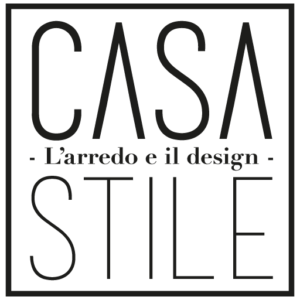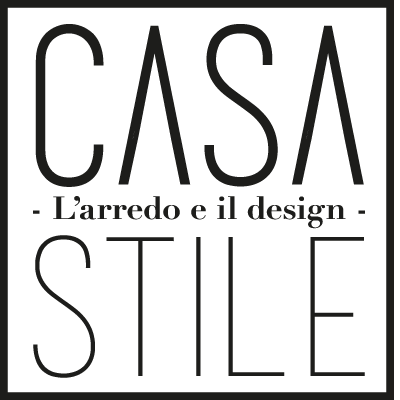161 organizzazioni presenti, oltre 300 relatori: il salone del CSR (Corporate Social Responsibility) e dell’innovazione sociale svoltasi all’inizio dello scorso ottobre a Milano realmente ha fatto il punto sui fermenti in atto in questo settore. Quello che ha colpito nell’edizione di quest’anno è stata la pervasività della responsabilità sociale in tutti i settori produttivi e dei servizi.
Sicuramente nel mondo del tessile e della moda la sensibilità è diventa un’urgenz.a Quattro le direttrici su cui si sta muovendo: riduzione delle sostanze chimiche più inquinanti, benessere animale nel caso siano utilizzati come materia prima, rispetto dei lavoratori ed economia circolare. Alcuni grandi gruppi, come Benetton, hanno aderito al protocollo Detox di Greenpeace che li obbliga a eliminare 11 inquinanti in fase di produzione e tintura delle stoffe entro il 2020. Brand, come Gucci, hanno deciso per esempio di comprare pellicce solo in Europa. Il gruppo VF, che produce i marchi Vans, The North Face, Timberland, Wrangler e Lee ha ormai un reparto di controllo che fissa standard sempre più alti: per cui la piuma d’oca di Timberland è solo certificata bio, mentre nei capi The North Face è stata completamente sostituita da termofibre sintetiche.
Sempre più diffusa anche la lotto allo spreco. Costa Crociere per esempio ha inaugurato un progetto per il recupero, in alcuni porti del viaggio, dei pasti preparati ma non consumati. Perfino Justeat, l’app che recapita a casa i piatti di molti ristoranti, ha coinvolto alcuni dei loro fornitori a consegnare con i Ponyzero e a raccogliere gli scarti. Cosa che ha permesso di donare 700 pasti gratis alla Caritas in pochi mesi.
English text
A trade fair that talks about sustainability
161 organizations present, over 300 speakers – the CSR (Corporate Social Responsibility) and social innovation trade fair held in early October in Milano has really shown on-going ferment in this sector. What stood out in this year’s fair was the pervasiveness of social responsibility in all the production and service sectors.
Definitely in the textile and to the fashion world this awareness has become an emergency. Four are the directions of the actions undertaken: the reduction of the most polluting chemical substances, animal well-being when used as prime material, respect for workers and for the circular economy. Some of the groups, like Beneton, have joined the Green peace’s Detox Protocol which calls for the elimination of 11 polluting substances in the production and dyeing phases by 2020. Brands such as Gucci have decided, for example, to buy furs only in Europe. The VF Group which produces the brands Vans, The North Face, Timberland, Wrangler and Lee now actually has a department which checks that standards are set ever higher. This is why Timberland’s goose-down has exclusively bio certification, while apparel from The North Face it has completely substituted synthetic thermo-fiber.
Also ever more widespread is the fight against waste. Costa Crociere, for example, has just inaugurated a project for the recycling of cooked pasta that was not eaten, in some of its ports of call. Even Justeat, the app that delivers dishes from many restaurants to the home, has encouraged the involvement of its suppliers in delivering with Ponyzero and then collecting waste. This gave them the possibility of donating 700 free meals to Caritas in just a few months.








